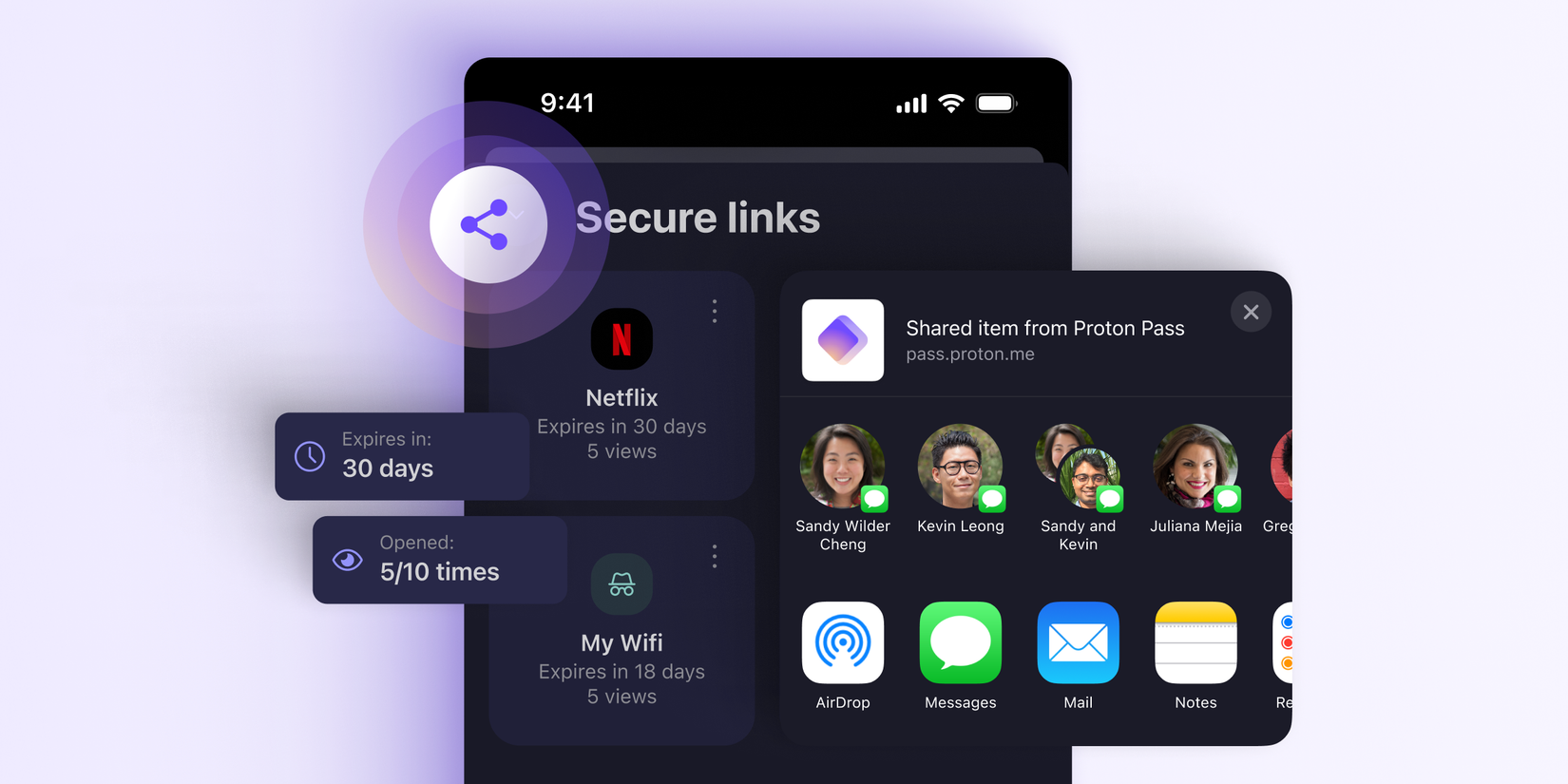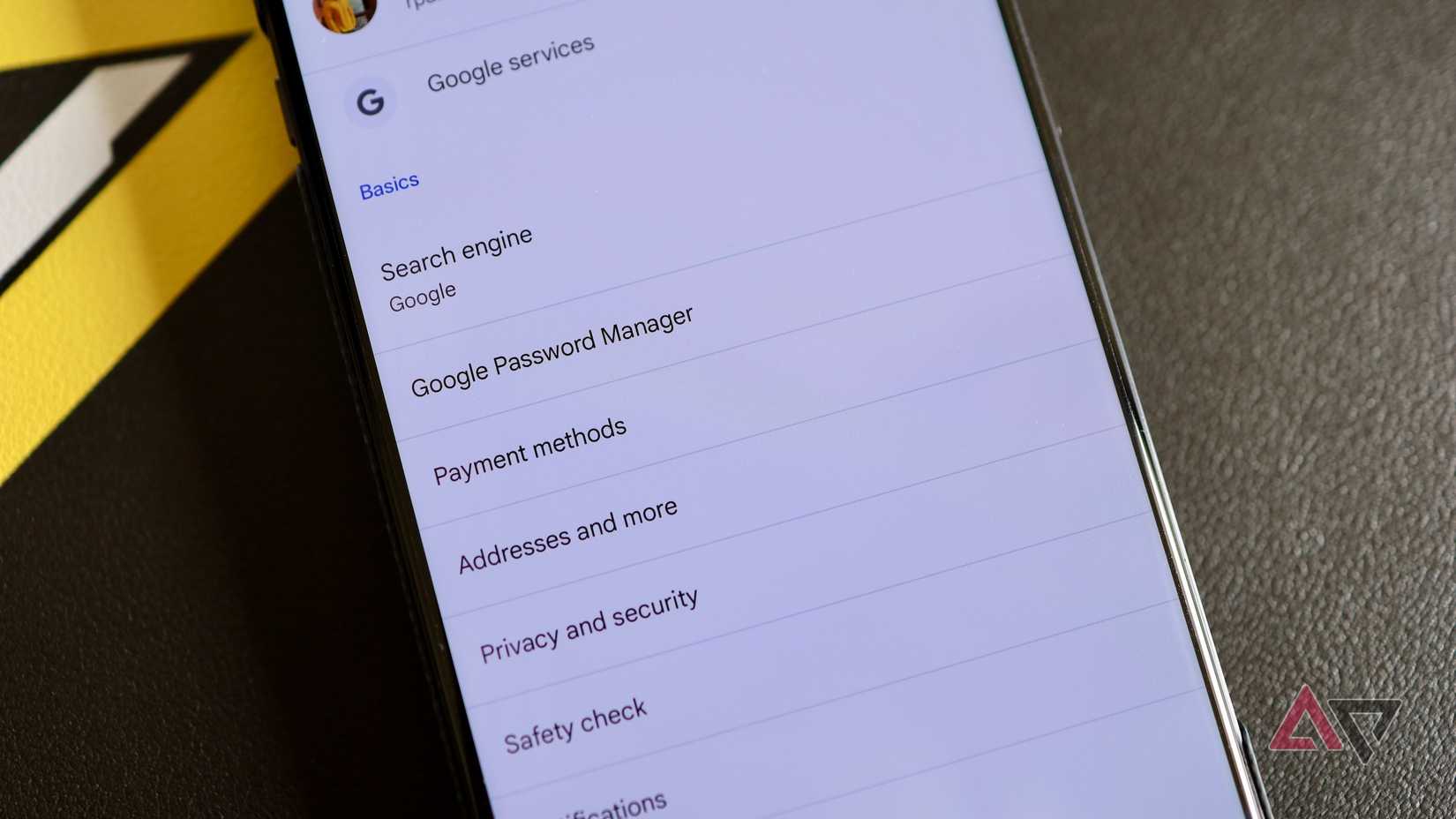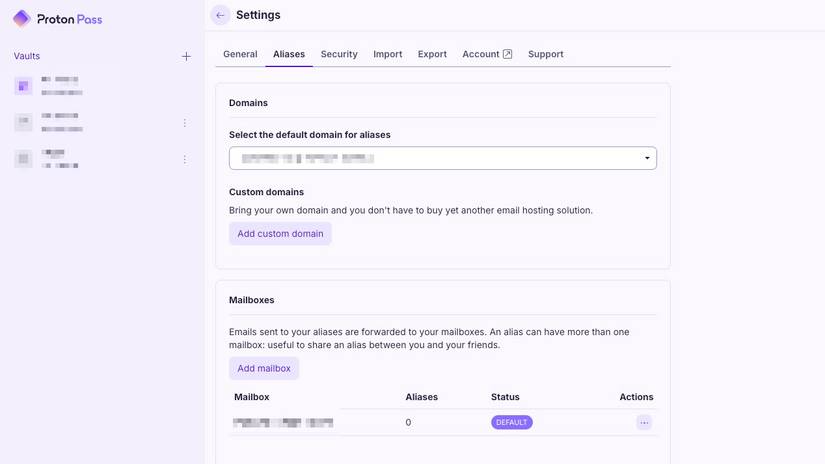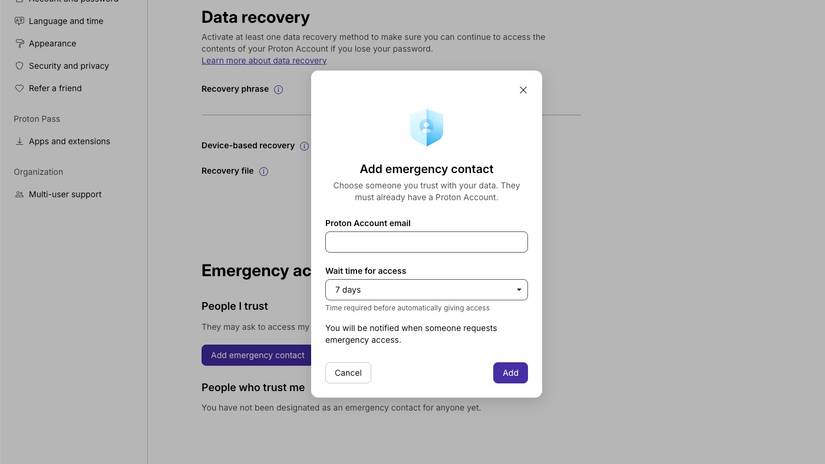Google’s Password Manager is easy to use and neatly integrates with Chrome and Android. And that’s why I have used it for years to manage all my login details.
However, with Google’s relatively slow development speed, I moved on to another password manager: Proton Pass. It turns out, it’s the password manager I didn’t know I needed.
Smarter password sharing
Simple and effortless
I frequently share login credentials and credit card details with friends and family members. Google Password Manager technically lets you share passwords. But you can only do so with people in your Google family group.
Google apparently thinks your digital life should stay in the family, and you should never share login details with your friends.
Proton Pass makes this easy, as I can share a one-time secure link that automatically expires after a specified number of days. Or, I can restrict the link’s usage based on the number of views.
This might seem like a small feature, but I manage hundreds of logins — including family accounts — so reliable password sharing is important for my use case.
Even better, I can share my entire Proton Pass vault with my wife as a viewer or editor. And she does not even need a Proton account for this.
Track every password change
Never forget even old passwords
Many websites that I use regularly, including banking and government ones, require you to change the password every 90 days for security reasons.
That’s annoying in itself. What’s worse is that they mostly don’t play nice with password managers.
In most cases, I end up manually typing the old and new passwords to avoid any issues.
Something inevitably goes wrong, though, and there have been cases where I need to re-enter the old password. When that happens, I’m out of luck.
Google Password Manager doesn’t keep a history of password changes, so there’s no way to recover the old one.
Proton Pass makes life so much easier, as it remembers all my old passwords and even shows when I first added a login to my vault.
Store more than just passwords
Because life’s more than passwords
Ok, a password manager should be good at saving passwords. But time has changed, and I want my password manager to store other important details as well, like my IDs, bank account details, and other sensitive documents.
Google Password Manager falls flat in this area. It can only save your login credentials and passkeys — that’s about it.
You can also save your credit or debit card details, but that’s linked to Chrome and not the password manager itself. Due to this, it’s also not possible to share the payment details with others.
With Proton Pass, I can save more than just passwords and credit card details. Being a vault, it can securely store Wi-Fi passwords, SSH keys, notes, license keys, social security numbers, API credentials, and ID cards.
If that’s still not enough, there’s an option to create a custom item. Plus, I can add attachments with the entries for more context.
This is the flexibility I did not realize I needed until I switched to Proton Pass. Within a few weeks, my personal vault was filled with all the important documents and IDs that I frequently need to access.
Smarter email privacy
Masking my primary email address
I test several services almost every month for work or otherwise. The problem is that signing up with my primary email is a bad idea.
Many of these services have questionable privacy practices, and data leaks or unwanted marketing emails are all too common.
I’m already tired of the email noise hitting my inbox, and I don’t want to make things worse.
Proton Pass makes this easy by allowing me to create unique email aliases for every sign-up. That way, I can keep my main inbox free from unwanted emails and spam.
Even better, I can use my custom domain to create aliases directly on it.
Google Password Manager doesn’t provide any such feature. I can create a secondary Gmail account, but that would then require me to manage multiple inboxes.
That’s both inconvenient and time-consuming.
Emergency access
Peace of mind for emergencies
Proton Pass has become my digital vault, storing all my login credentials and important documents securely. I also have a shared vault with my wife, where we share common and important login credentials.
However, I would still like to ensure that my wife or my family members can access my Proton Pass vault in an emergency.
Google offers an inactivity manager feature for Google accounts. This ensures that specified recovery contacts can access your Gmail account and other associated services after a few months or years of inactivity.
Proton Pass has a better solution in the form of Emergency Access. I have specified trusted contacts beforehand, and if anything goes wrong, they can request access to my vault.
There’s also an option to set a wait time ranging from none to 30 days before the vault becomes accessible. The only catch? The trusted contact must also have a Proton account.
The password manager upgrade I didn’t know I needed
Admittedly, I should have switched to a dedicated password manager a long time ago. Google Password Manager is only good enough for basic use.
Think of it as a starting point into the world of password managers.
Yes, Proton Pass is paid, but it delivers so much value that the price feels more than justified. The plethora of features makes my everyday life more convenient. No wonder it has quickly become a key part of my digital life.
Proton Pass
Proton Pass is more than just a password manager, offering features like email aliasing, password history, secure sharing, and emergency access.






